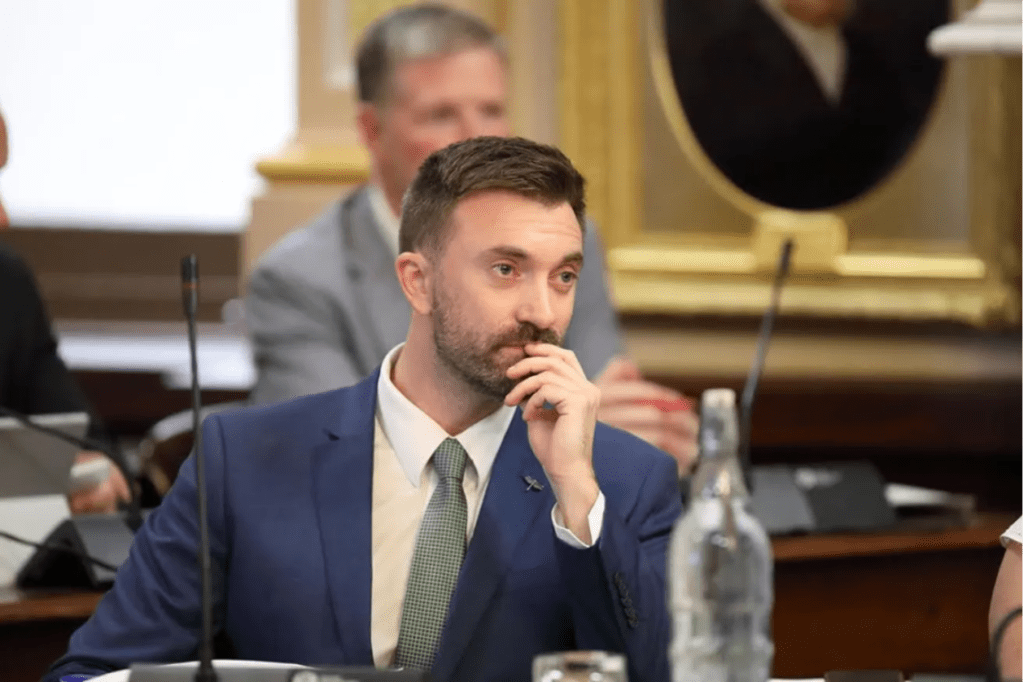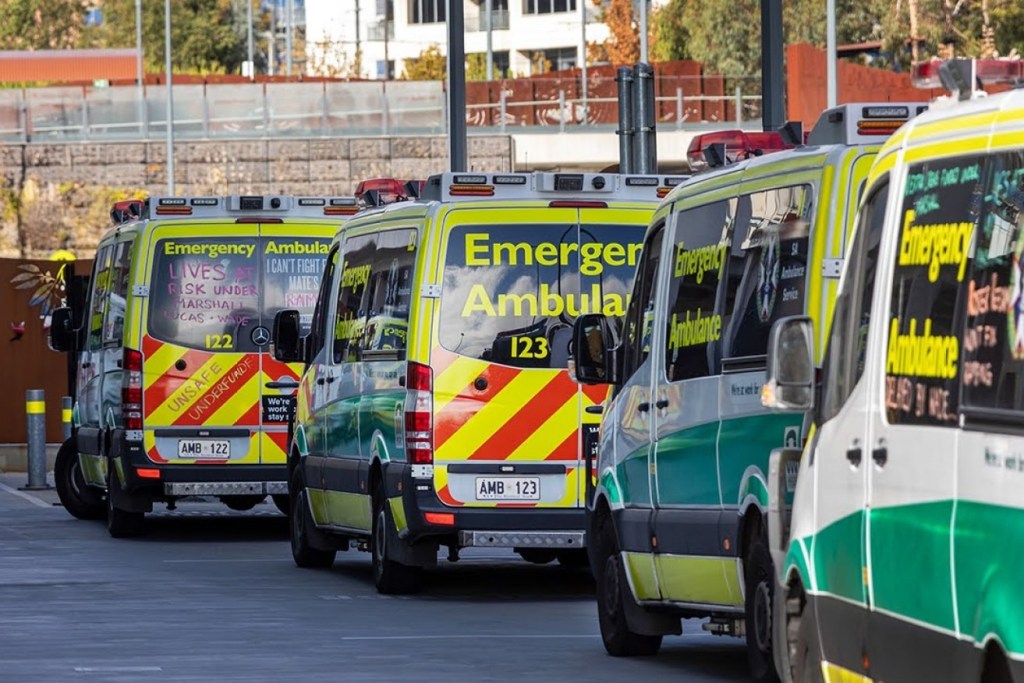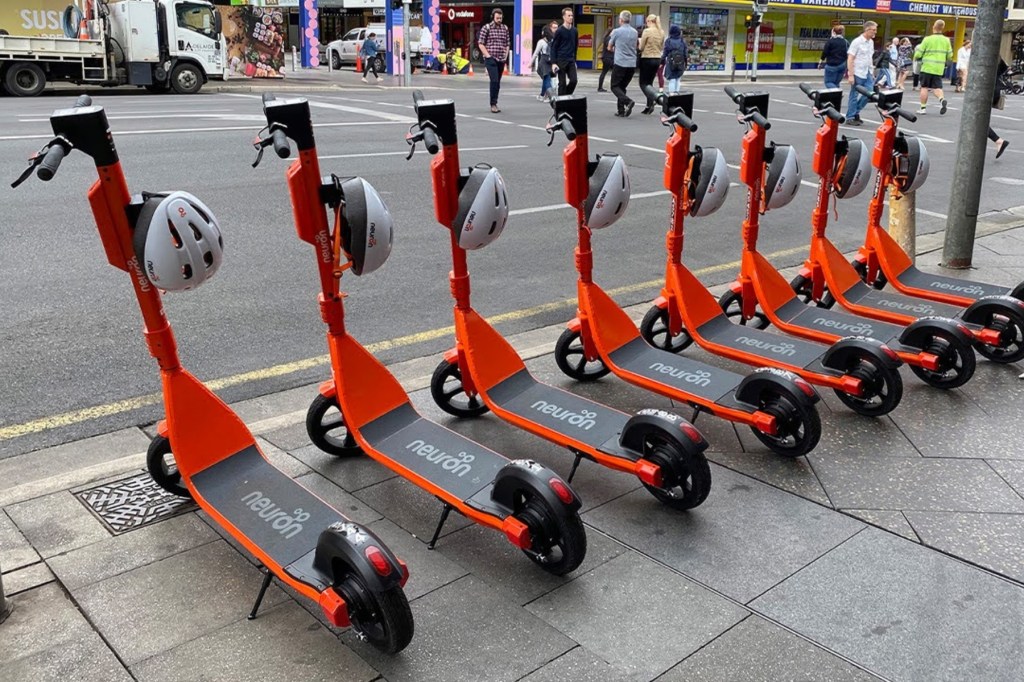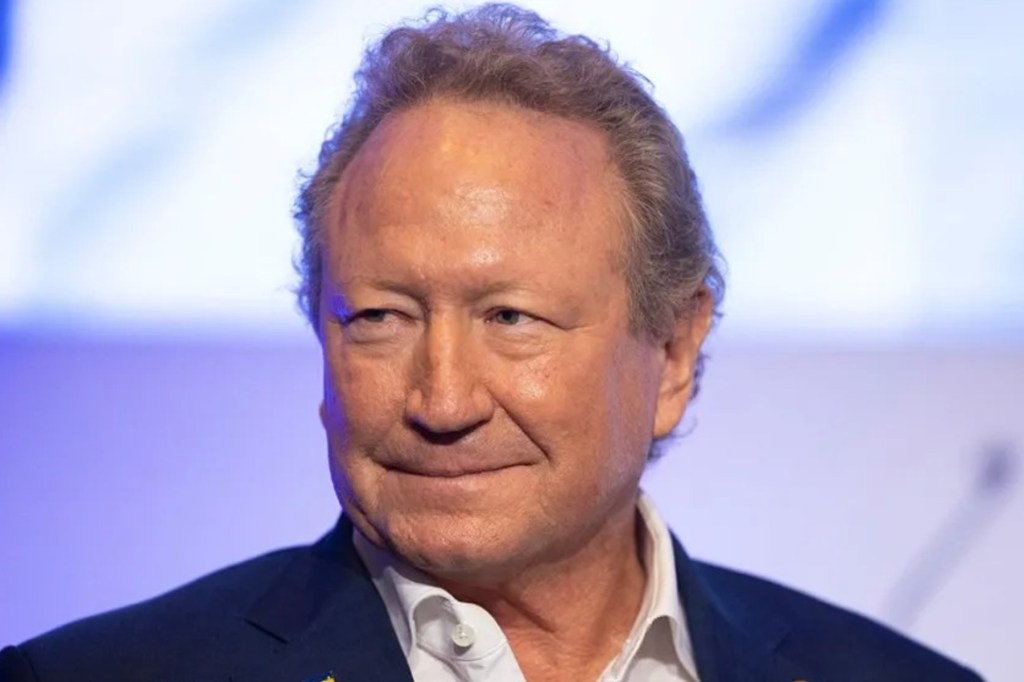Landlords to pay for rental energy efficiency under new standards push
The Greens have introduced a Bill to Parliament that would impose minimum energy efficiency standards on rental properties, with penalties of up to $25,000 for non-compliance.

The Residential Tenancies (Minimum Standards) Amendment Bill would require appliances provided in rental properties to meet energy efficiency standards and could require landlords to provide air coolers and heaters.
The changes would also require South Australian rental properties to comply with the minimum insulation levels specified in the National Construction Code.
It follows the state government’s August announcement that it would not raise minimum building code standards for 10 years once new seven-star energy requirements come into effect in October.
Urban Development Minister Nick Champion said at the time it would help the housing industry deal with upcoming changes to the National Construction Code, which may require builders to include better insulation, increased window glazing, and more internal doors and ceiling fans.
Greens SA housing spokesperson Robert Simms said the proposed changes were “simple measures that can help” renters reduce energy bills.
You might like
The bill would introduce draught-proofing requirements for chimney seals, window seals, door weather seals, exhaust fan seals, and wall vent seals in rental properties.
“According to a paper by SACOSS, installing insulation, blinds and draught proofing can reduce expenses by over $1000 each year,” Simms said.
“Renters are powerless when it comes to some of these measures unless landlords choose to implement them.”
It follows a Better Renting survey released this week which found only nine per cent of South Australian respondents had adequate ceiling insulation in their rental home. This was below the national average of 25 per cent.
Stay informed, daily
A 2022 report from Better Renting found 79 per cent of South Australian rental homes experienced temperatures below the WHO-recommended minimum health standard of 18 degrees.
“Beyond health and energy bills, we also want to make sure renters aren’t freezing in winter, and baking in summer,” Simms said.
Simon Schrapel, chief executive of Uniting Communities SA, said the proposed changes would make “a significant difference” to many households.
“Too many households are caught with this catch-22 situation. Do I use an appliance that is inefficient and I know is going to cost me a bomb, and then face the consequences of that down the track when I get the bill?
“Or do I sit here and actually suffer as a result of not being able to have adequate cooling or heating in my home that will keep me healthy and well.
“I don’t believe that these changes are unreasonable, far from it. And I would hope that all parts of our Parliament get behind this bill and support it, because it’s these things that will make a significant difference.
“It’s what most landlords would expect in their own homes, and we should have that same expectation for people who rent properties in South Australia.”








